Burundi: Opposition calls for tax boycott in economic battle against regime
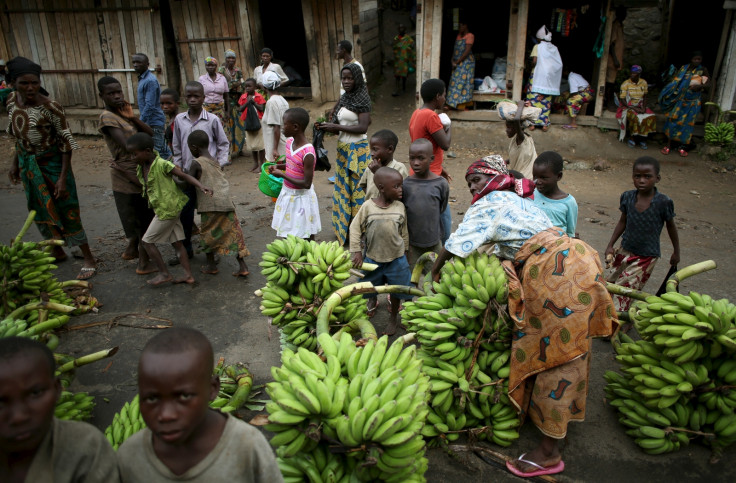
Burundi's opposition has called on civilians to reduce their consumption of beer, cigarettes, fuel and mobile phones in a bid to 'asphyxiate' the government they claim should step down as month-long street protests have rocked the country.
It is estimated 77 have died and around 150,000 civilians have sought refuge in neighbouring countries since the start of the violence on 26 April, when Burundi's ruling National Council for the Defense of Democracy (CNDD-FDD) party nominated President Pierre Nkurunziza to stand for re-election.
Opposition leaders want the president to step down or withdraw his third-term bid, claiming it violates the country's constitution and the Arusha Accords, a peace deal that ended ethnic civil war and established the foundation for Burundi's post-conflict recovery in 2005.
But Nkurunziza's supporters argue the president's first term should be discounted as he was chosen by the parliament and not by the people in an election as is specified in the agreement.
Economic asphyxia
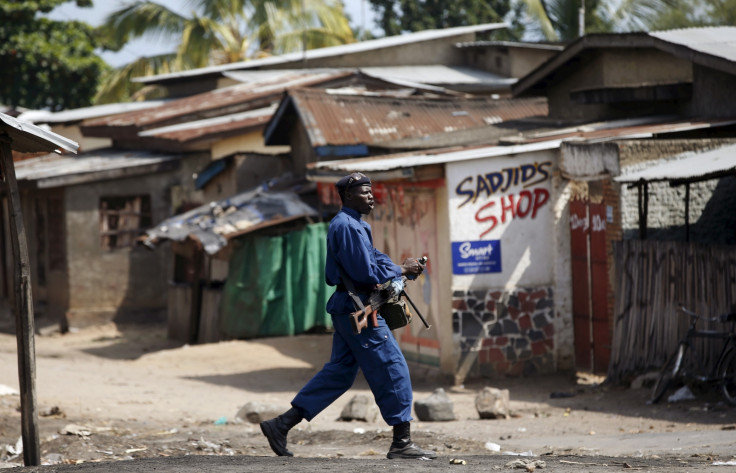
The spokesman for the Arusha Movement, a coalition of opposition and civil society groups behind the protests, told IBTimes UK how opposition leaders are now calling on the population "to stop paying their taxes".
"We want to significantly target the economy of the country to be sure that the president has no other choice but to yield to the people's demands," Jeremie Minani said over the phone from the capital Bujumbura.
Around 46.5% of Burundi's state budget comes from indirect taxes – including the 'taxe de transaction' or VAT on fuel, alcohol and tobacco, and customs duties. Only 3% of the country's finances derives from direct taxes on civil servants' salaries.
Since the start of the protests, however, analysts say the country has slowly come to a halt, experiencing an "economic breakdown".
"It is an economic battle that we are playing out. We want to asphyxiate a country that is already economically weakened, that has had its foreign resources cut off."
Burundi exports very little - mainly coffee (72.1% of total exports) followed by tea (15.7%) and manufactured goods (9.3%) but produces too little of all three items to ensure its alimentary self-sufficiency - and is plagued by corruption, ranking 159th out of 175 in the 2014 index of the NGO Transparency International.
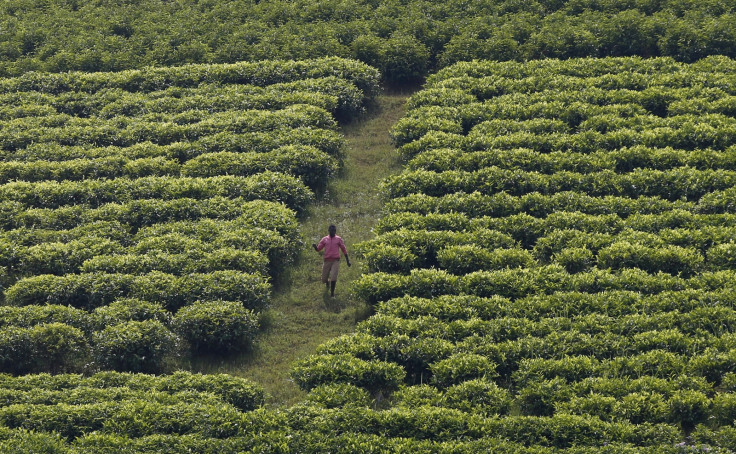
The government, which therefore relies on foreign aid to meet half of its budget, has been deprived of a significant chunk of these revenues after countries like Belgium suspended their aid following the start of the protests.
In May, for instance, Belgium said it would pull out of a €5m police cooperation deal, which it had in place jointly with the Netherlands.
"We can stop paying the municipal tax, even if we face penalties and accept to pay these later," Minani said.
'Stop drinking beer and smoking'
Part of the restrictions the opposition is hoping to impose on the government include asking traders to stop importing products that are not basic necessities such as clothes or luxury products so as to stop paying custom taxes.
"We're just telling them that they should stop importing some products. However, those that are of basic necessities, they should continue importing them because we will not let our people die."
While he is calling for civilians to boycott products on which indirect taxes are levied, such as alcoholic beverages, cigarettes, and fuel, Minani is also demanding that people "stop using mobiles phones so much because that also brings a lot of money to the state. Text, don't call".
This comes despite the fact that mobile phones are one of the only means of communication remaining in a country suffering a media blackout where the majority of independent media have been reduced to silence and most journalists who had been receiving daily death threats have gone into hiding.
No other choice
Because, Minani claims, "the President has already ordered to his police to arrest or kill anyone, civilian or military opposed to his third mandate", an economic war is the only option left.
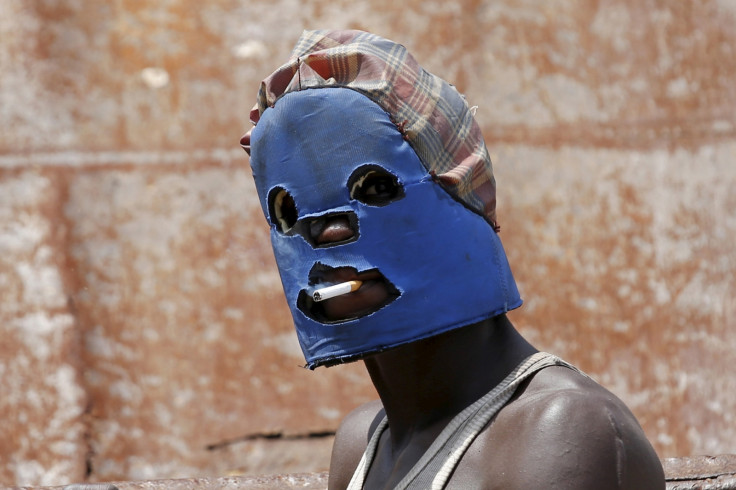
"The diminishment of the street protests has to be accompanied by peaceful actions linked to civil disobedience, economical measures and the whistle campaign. All this, we hope, will persuade the government to push the president to step down and stop his forcing."
According to the politician, the government could find itself incapable of paying civil servants, who, after finding themselves without a salary, are expected to start supporting the contestation movement.
"We're targeting the army, teachers, the police; all those people who will join the cause and ask for the president to leave. Already, we have a large portion of the army that is muzzled and reduced to silence, but that supports us. We want the entire army to join us, not by taking arms, but by coming and protesting peacefully to show the president that force and violence have no place," Minani explained.
Regime will castigate saboteurs
For the regime, who at the beginning of the month, assured the population that in May, June and July, salaries of civil servants or other public officials would be paid, the opposition's calls to constrict the economy is nothing less than "sabotage".
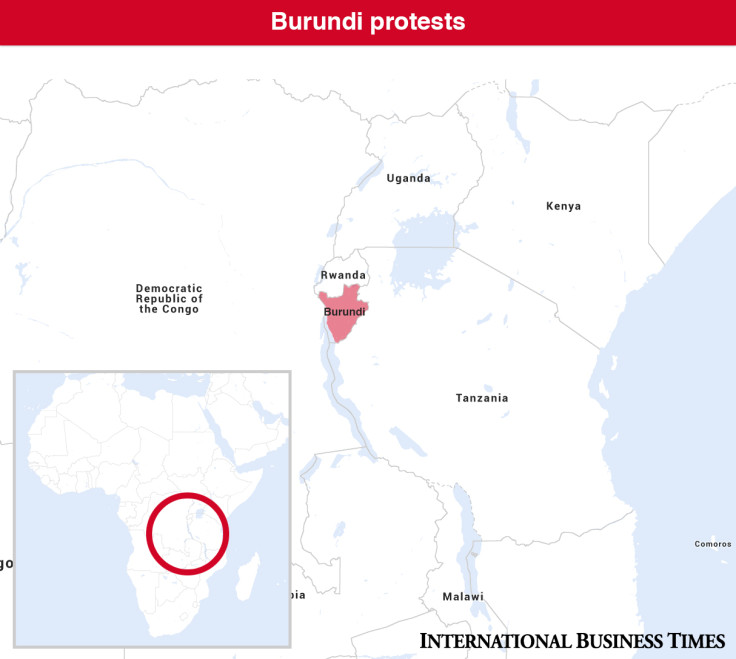
"These people are waging a war of attrition. They are showing their true face, and their aim is to bring the government down. After the protests and the coup, this is a new form of sabotage," presidential adviser Willy Nyamitwe told IBTimes UK, in reference to the 13 May failed coup d'etat.
In the adviser's eyes, "all those who want to bring down institutions that are democratically-elected are outlaws", and he insists they will be prosecuted by Burundi's justice system and punished in accordance with the penal code.
"No one can openly say that he will sabotage the economy of a country and those who do should be chastised and condemned according to the law," Nyamitwe added. "If they want to be good citizens, the minimum is to respect the democratically-elected institutions and the national economy."
© Copyright IBTimes 2025. All rights reserved.






















